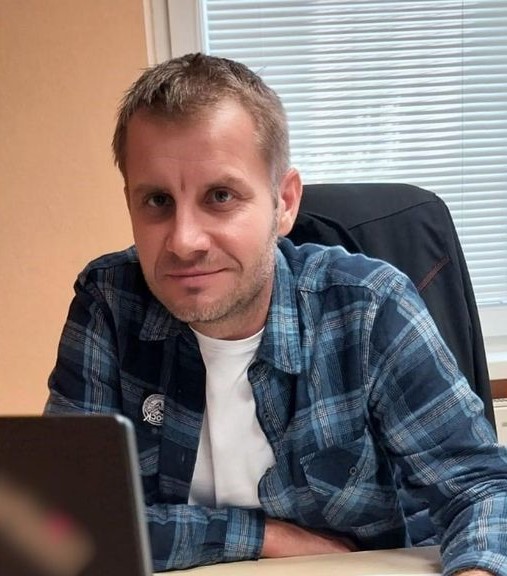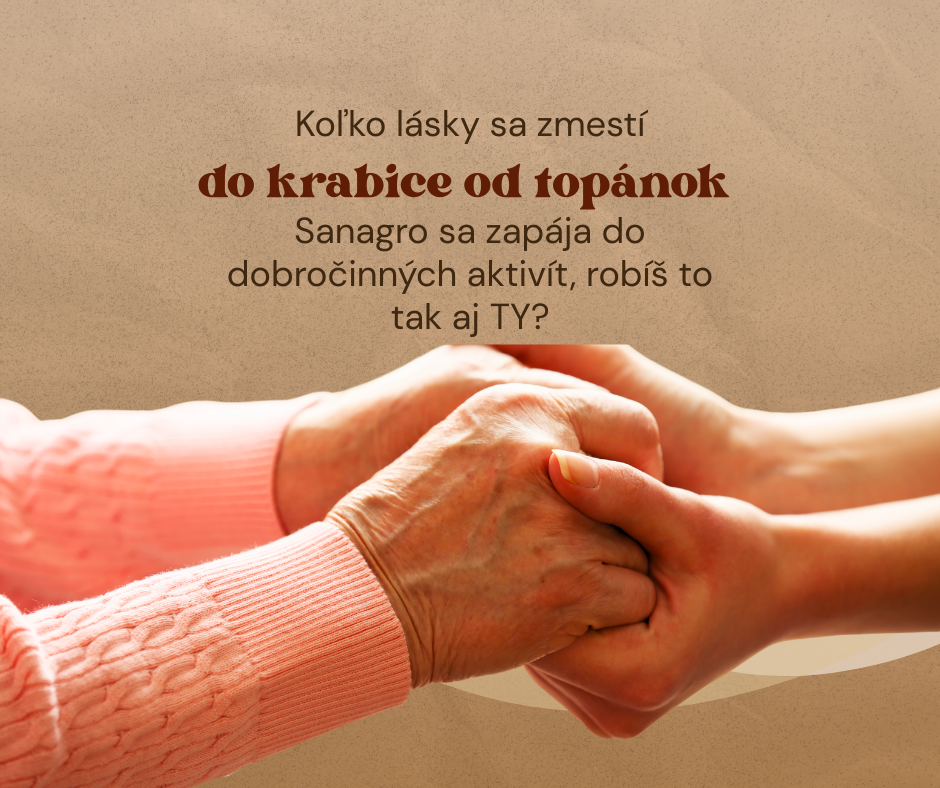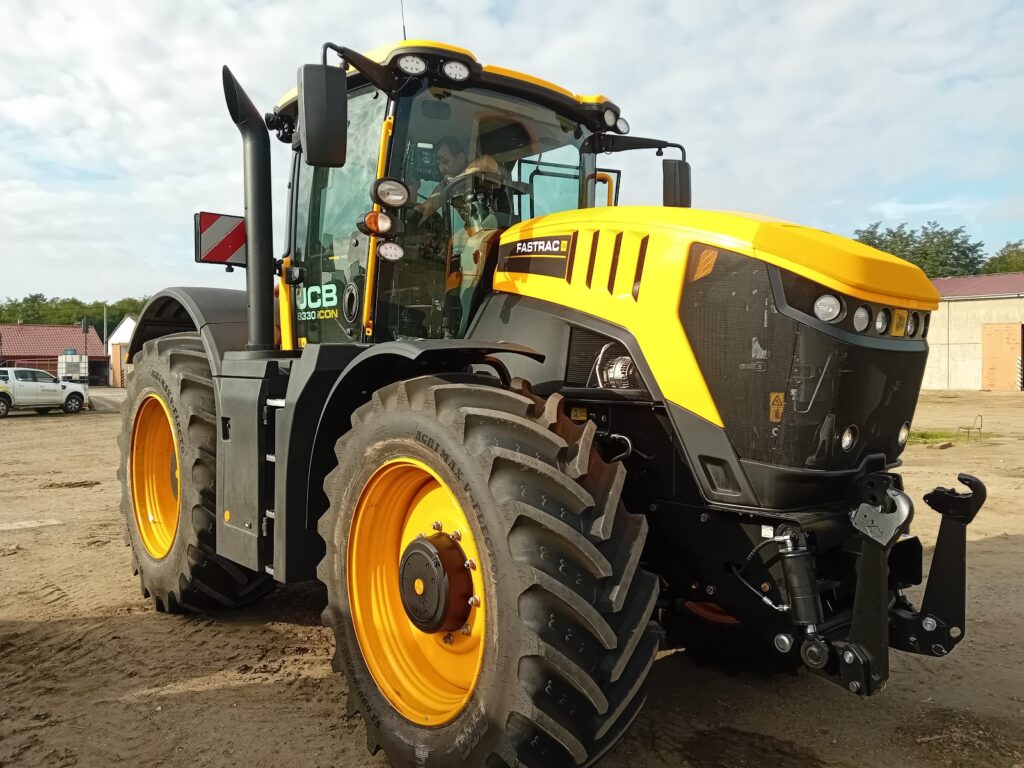His love of nature and the care of soil and plants was instilled in his family from childhood.
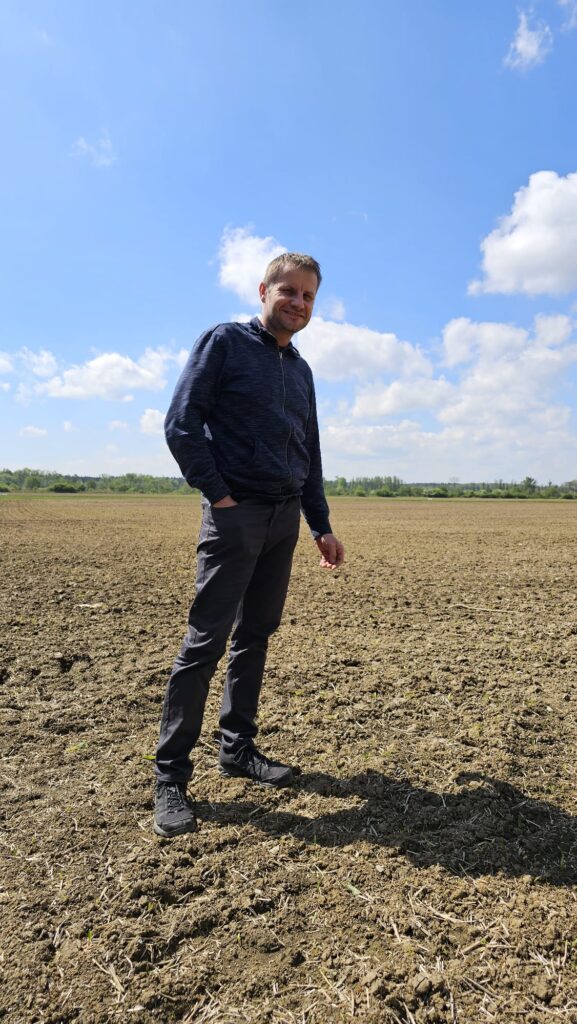
The grandfather of farmer Lukas Hertl was passionate about his small vineyard. "Wine was his passion, his joy, but also the hard work he did in his spare time alongside his work," Describes. He often took his grandson with him to the vineyard. "I saw that to enjoy a glass of wine, it took care of the vines, hard work in the vineyard, and a great deal of winemaking skill to turn the grapes into wine.," says Lukáš Hertl. His father was also a farmer who showed him the beauty of agricultural technology. "I was especially charmed by the tractors," he says.
He therefore decided to study at the Secondary Agricultural School and at that time he and his brother bought a small tractor with which they ploughed and cultivated the land around Skalice. They also took care of the town's greenery and playgrounds. "The tractor is still functional, but I don't have time to work with it anymore. I am still working on the vineyard to this day," explains Lukáš Hertl, who currently runs the largest organic farm in Slovakia - BOS-POR AGRO in Husky in Záhorie. At the same time, as a regional director of Sanagro in charge of four other farms in the area.

Working in agriculture is never stereotypical
In today's hectic world, he really enjoys working with nature, which is never stereotypical. This is because it depends on a number of factors beyond one's control, such as the weather. But, and he says many young people don't realise this, it is also a job that uses modern agricultural machinery. "We have powerful tractors with GPS navigation and modern attachments," describes Lukas Hertl. During the lectures for primary school pupils, he says, the students were very surprised by how much modern technology is used in the agro-industry. "And at the same time, how much effort and work is behind every food they put on the table," he notes.
He therefore considers it an advantage to have stable employees on the farm. He finds it very difficult to find new staff at the moment, but he would very much like to welcome new enthusiastic employees. He particularly appreciates it when people have a good relationship with either the animals or the farm machinery and are familiar with the working environment and working practices. He also points out that farm work is often suitable for local employees in the region.
The largest organic farm in Slovakia
He himself started working in the company BOS-POR AGRO in Huški during his studies at the Slovak University of Agriculture in Nitra. "I was in charge of plant protection, mechanization, but I was also in charge of investment construction," says Lukáš Hertl. The company currently manages almost 4,000 hectares of agricultural land and has been farming in the organic farming system since 2010. Since 2017, it has been part of the farms and businesses of the Sanagro Group. It currently prides itself on being the largest organic farm in Slovakia. In 2008, it became the winner of the Top Agro Slovakia competition in the category of commercial companies and has received several Slovak and foreign organic certificates. Last year, a biofarm for chickens was built on its premises with a mobile chicken coop and free range pasture.
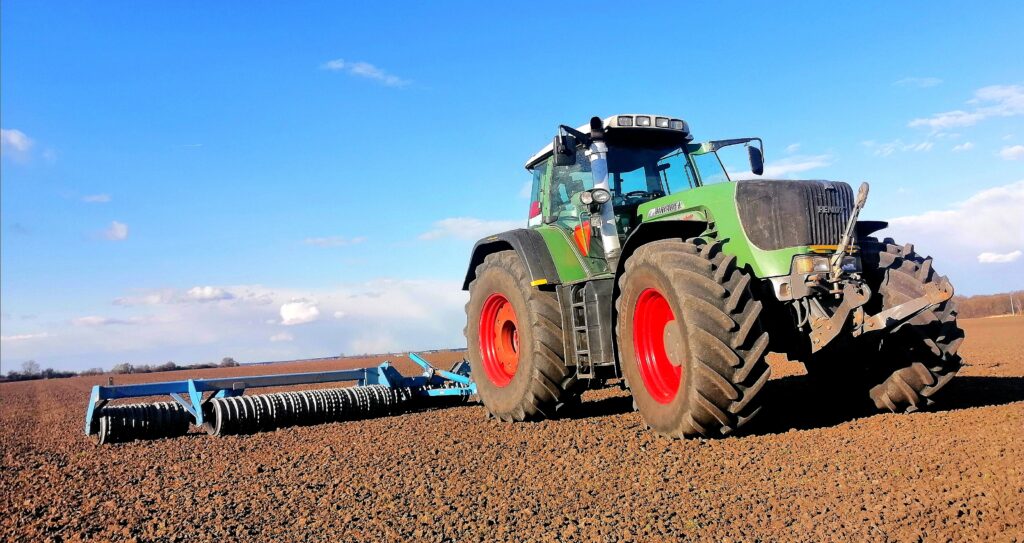
"Currently, as a regional director, I also take care of the Častkov Peasant Cooperative, the Sanagro Senica farm, the Samuel Jurkovič Peasant Cooperative in Sobotiště and the Euroagro Senica eco-farm based in Vrbovce. Together we manage 8 800 hectares of agricultural land," added Lukas Hertl. The farms are mainly dedicated to growing densely sown cereals, maize, sugar beet and fodder crops. However, they also grow medicinal plants such as milk thistle and vegetables such as onions, potatoes and pumpkins. They also raise dairy cattle and have organic meat farms. "We employ 87 workers, of whom 22 are women and 65 are men, with an average age of 44 years," says farmer Lukáš Hertl.
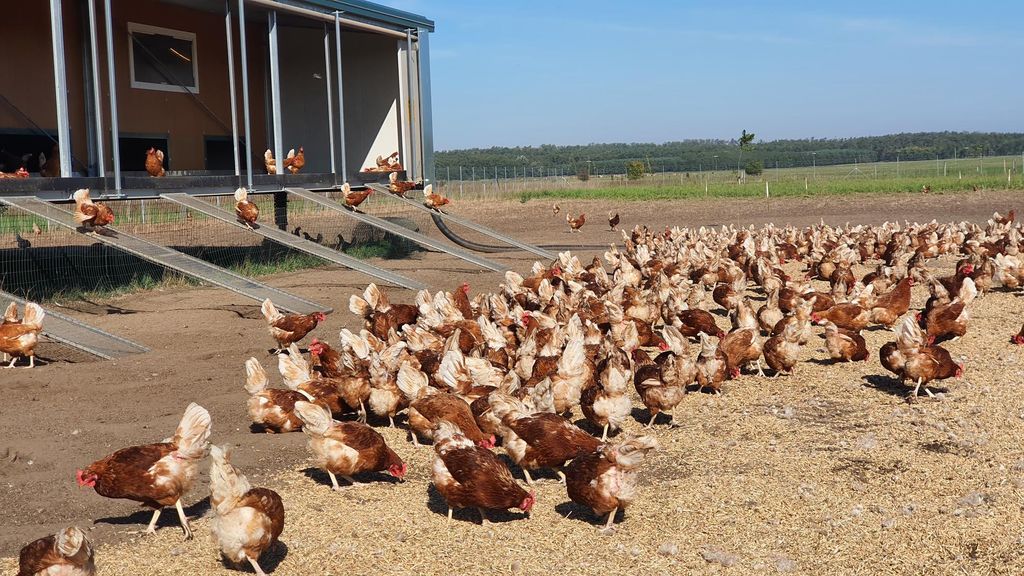
Climate change is a challenge for farmers
At the same time, agriculture in Slovakia is currently facing several challenges. For example, the rapid pace of price increases, whether for fertilisers or plant protection products and seeds.
In addition, climate change is affecting growing conditions across Europe. "This is why agroforestry systems, which offer alternative land management that combines tree cultivation with one or more forms of agricultural production or animal husbandry, are also gaining popularity in our country.," says Lukáš Hertl. The farms have therefore started to engage in agroforestry and have already planted 14 000 trees in the Záhorie region under this system.
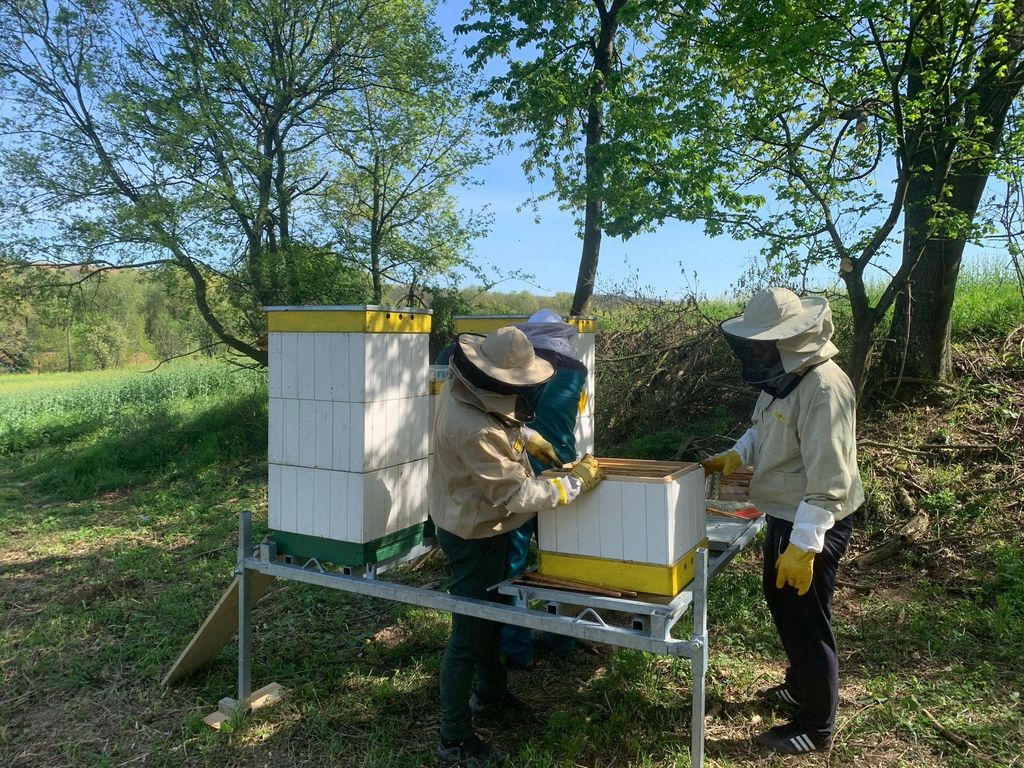
Source : https://www.aktuality.sk/clanok/NPw40ZV/farmar-lukas-hertl-mladi-ludia-su-prekvapeni-s-akymi-modernymi-strojmi-v-polnohospodarstve-pracujeme/


